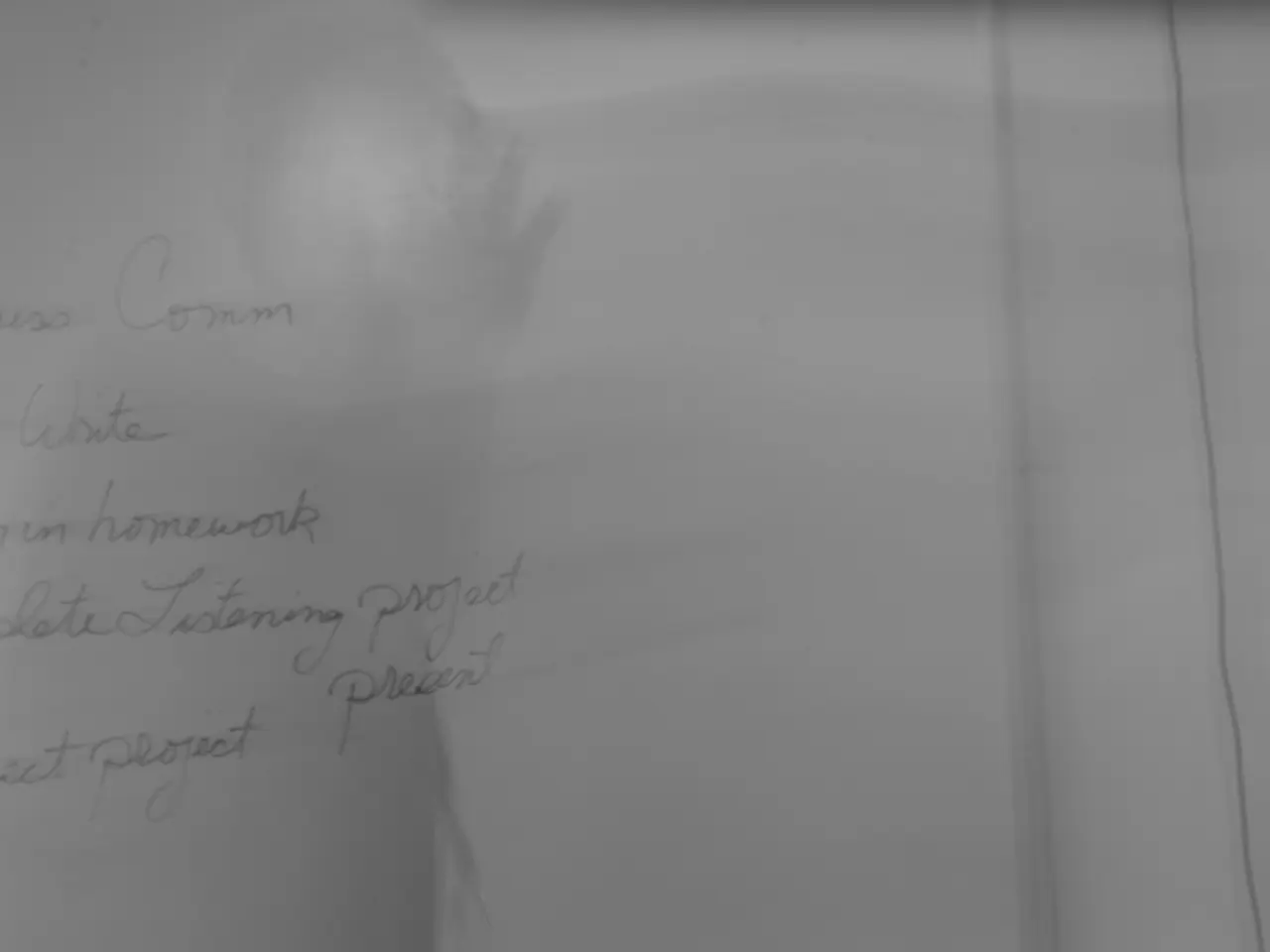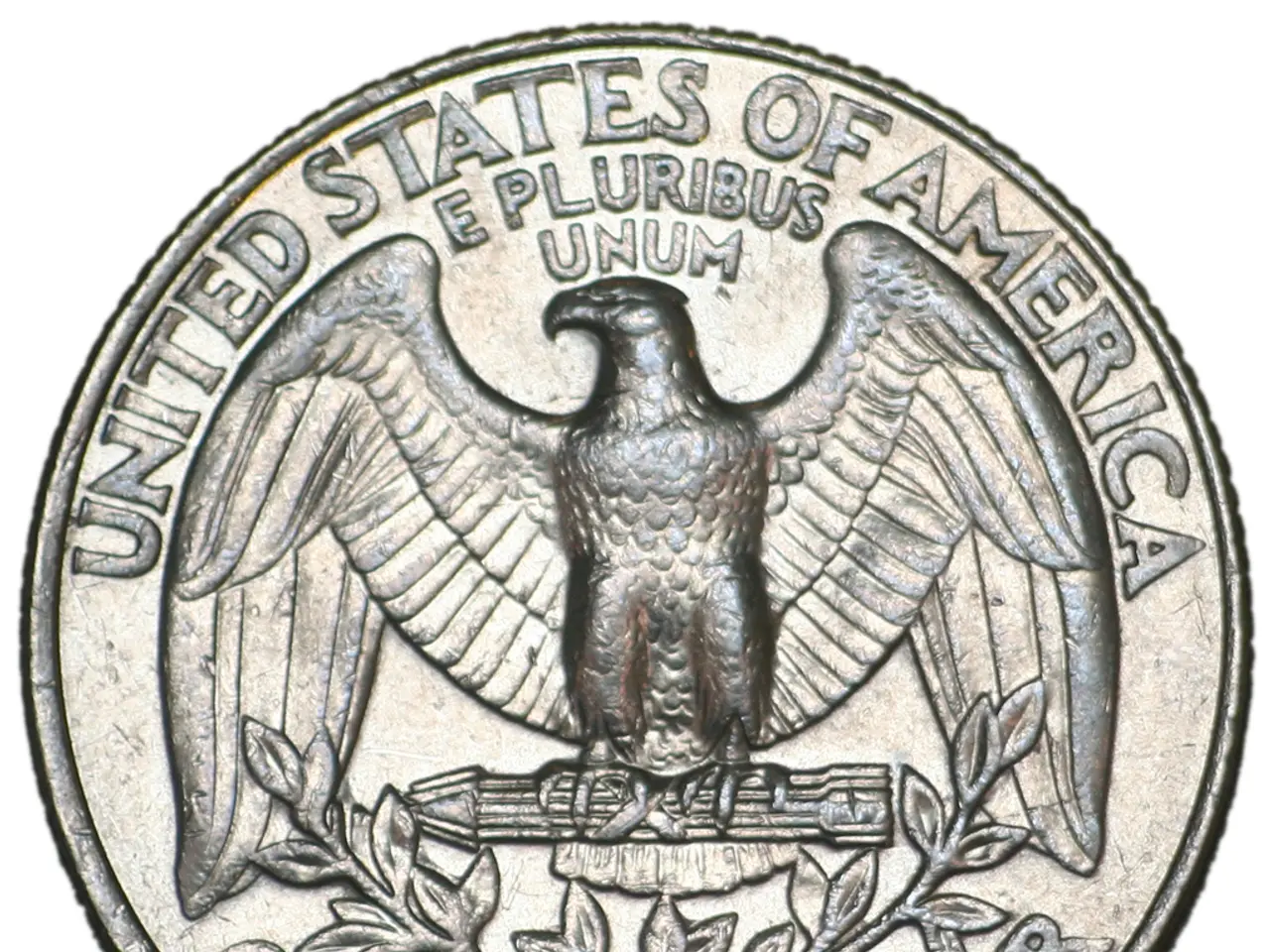Conclusively, the actions under consideration were deemed unnecessary by the Commission.
Volkswagen Group, the German automotive giant, has reported a profit drop of about a third in the second quarter, earning €2.29 billion after taxes. The drop was due to poor performance in the daily business of premium brands Porsche and Audi, as well as tariffs in the USA.
In a stark contrast, Audi and Porsche performed particularly poorly. Audi's operating profit fell by two-thirds, while Porsche's car business earnings dropped from €1.7 billion to €154 million. To address these financial challenges, both Audi and Porsche have announced plans to cut jobs. Audi plans to cut 7,500 jobs, and Porsche plans to cut at least 1,900 jobs.
Volkswagen's core brand, however, saw a glimmer of hope. The core brand VW earned significantly more in the second quarter, with an operating profit of €991 million. This improvement was partly due to a major savings program, which will result in the elimination of around 35,000 jobs by 2030.
The growing electric vehicle business is currently weighing on Volkswagen's half-year profit, according to CFO Arno Antlitz. Despite this, Volkswagen's CEO Oliver Blume is satisfied with the rising sales of electric vehicles and the company's 28% market share in Europe.
The company had previously targeted a profit margin of 5.5% to 6.5%, but without considering the tariffs. However, the operating profit margin on sales is expected to be between 4.0% and 5.0%. Blume is aiming for sales at last year's level, instead of a up to five percent increase.
Volkswagen is also facing significant financial impacts from the US tariffs, which have cost the company about €1.3 billion in the first half of 2025 and forced it to lower its profit outlook for the year. The company is planning a direct agreement with the US government to potentially waive tariffs in exchange for billions of dollars in investments in the USA. However, no public confirmation or details of a formal tariff waiver agreement linked to direct investments have been reported as of July 2025.
Despite slightly increased deliveries, revenue was down 3% at €80.6 billion. The company also reported high restructuring costs and the current strong performance of electric vehicles as contributing factors to the profit drop. Additionally, Volkswagen earned significantly less in China.
Around 20,000 employees have already agreed to job cuts, mostly in the context of early retirement. The tariffs on cars in the USA cost the company €1.2 billion and led to a 16% drop in sales.
Blume expressed hope that attractive investment commitments in the U.S. could serve as leverage to negotiate better tariff terms in the future. However, the company has not finalized any deal with the U.S. government to waive tariffs in exchange for direct investments as of now.
[1] Reuters, "Volkswagen's U.S. tariff waiver hopes hinge on investment pledge," July 2025. [2] Financial Times, "Volkswagen lowers profit outlook due to US tariffs and weak performance of Porsche and Audi," July 2025. [3] Automotive News Europe, "Volkswagen's Blume says U.S. investment could help tariff negotiations," July 2025.
- The poor performance of premium brands Porsche and Audi, along with tariffs in the USA, significantly impacted the finance sector of the Volkswagen Group, resulting in a profit drop.
- To counter the financial challenges, both Audi and Porsche, along with Volkswagen's core brand, have announced plans to trim jobs and make strategic investments, reflecting the interplay between the business, finance, technology, and industry sectors.




